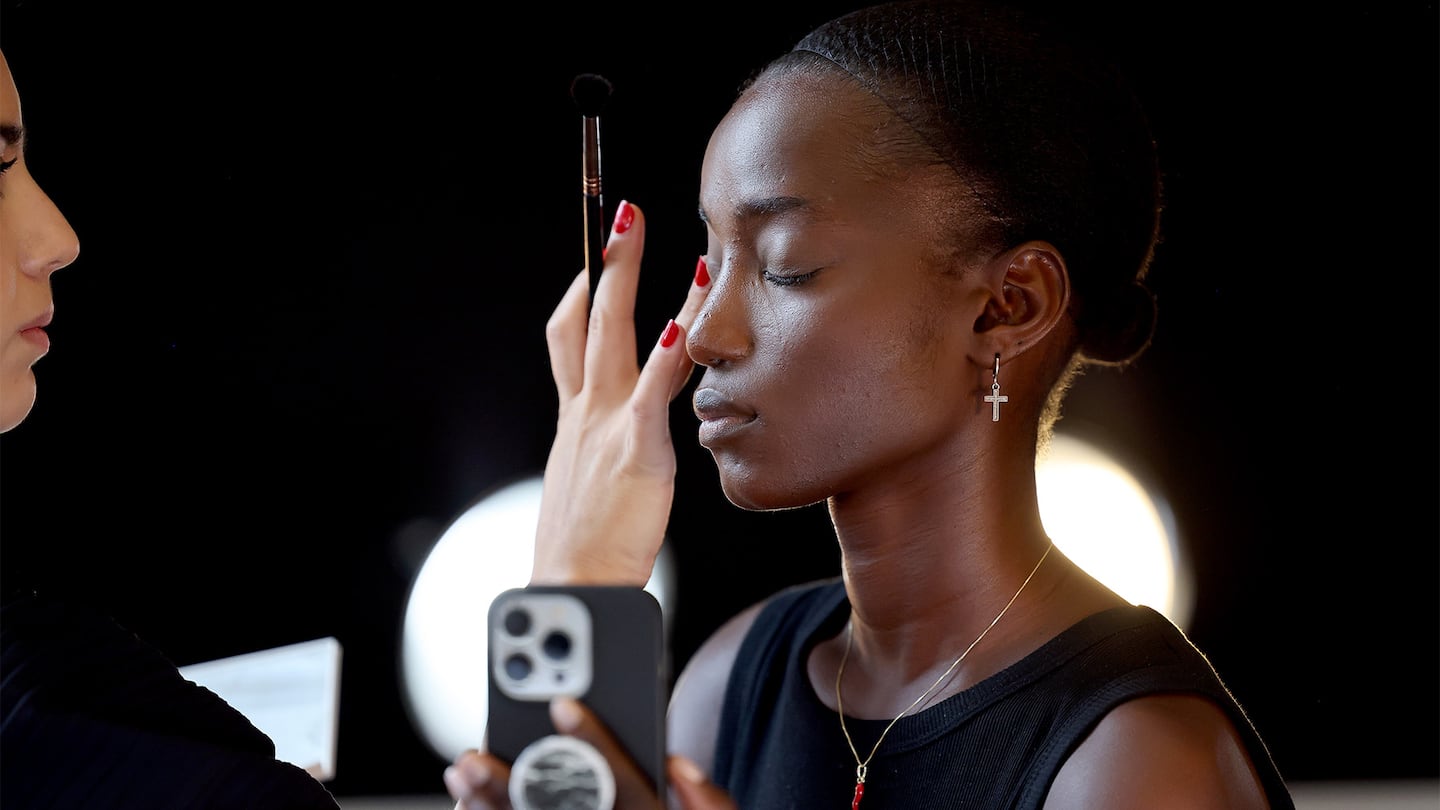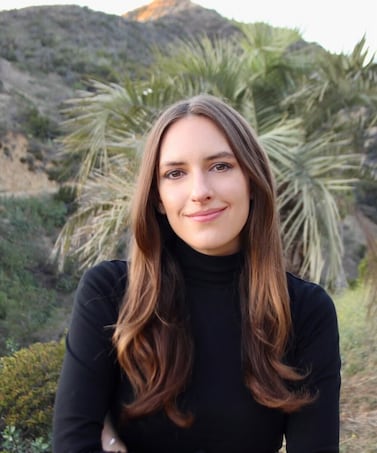
The Business of Fashion
Agenda-setting intelligence, analysis and advice for the global fashion community.

Agenda-setting intelligence, analysis and advice for the global fashion community.

Katie Jane Hughes spent nearly a decade working her way up the ranks backstage at New York Fashion Week, from assistant to key makeup artist. But four years ago, she decided to ditch the runway.
“New York Fashion Week, for me, has been running around putting makeup on my girls and my clients, and just sort of getting them ready for the shows that they’re attending,” said Hughes, who works with Hailey Bieber and Kylie Jenner.
Despite the imminent launch of her own beauty cosmetics line, KJH.brand, this month, “glamming talent” is now Hughes’ “preferred way of getting involved in fashion week as opposed to being backstage.”
Unlike makeup artists like Laura Mercier, Bobbi Brown, Pat McGrath and Charlotte Tilbury, who used global fashion weeks to catapult their own lines, a new guard of talent is looking beyond the runway. Hughes, Patrick Ta and others like fashion week veteran and Westman Atelier founder Gucci Westman, known for her work at Revlon, were absent from backstage spots entirely this season. Instead, artistry-led brands are betting on celebrities, influencers and consumer-facing activations.
ADVERTISEMENT
“A makeup look on one person can be more impactful than something going down the runway,” said Hughes.
When Danessa Myricks was thinking about ways for her eight-year-old namesake brand to participate in the spring 2024 collections in New York, she decided to work on shows that doubled as “conversation pieces.”
Danessa Myricks Beauty, which is sold at Sephora, sponsored three activations, including Marco Marco’s runway show which doubled as a 2,600-person Diplo concert and Big Motion’s showcase of alumni designers from historically Black colleges and universities.
“Our survival and being able to compete in a landscape like Sephora really does require extensive brand awareness, and we can’t get any better than this,” said Myricks.
But Myricks herself wasn’t backstage; she enlisted celebrity makeup artist Sir John to lead her team at the Big Motion show. The Kardashian-Jenner’s favourite makeup artist Mario Dedivanovic also steered clear of runway shows; his brand, Makeup by Mario, sponsored the SixDo fashion show, where artist Hung Vanngo used the line’s products.
Dedivanovic, instead, could be found at his brand’s consumer-facing event, a pop-up truck in NYC’s Soho and Meatpacking neighbourhoods on Sept. 9 and 10 to promote the brand’s new SurrealSkin concealer launch. There he was found taking selfies with fans who lined up for free iced coffee and beauty samples.
Often for social media-savvy founders, like Patrick Ta, it is celebrity looks, not artistry shown backstage, that has been the source of a brand’s cache.
Ta’s eponymous line was not a makeup partner for any runway shows, but he used his products on celebrity clientele, including Gigi Hadid, who attended the Victoria’s Secret Fashion Week event, and TikTok it-girl Alix Earle. Hughes, meanwhile, used her brand’s soon-to-be-unveiled highlighter on Hailey Bieber for a pre-NYFW event.
ADVERTISEMENT
“Euphoria” makeup artist Donni Davy’s brand Half Magic chose to host a gifting suite, with Davy on hand to create her signature bedazzled looks on influencers and models who promptly shared selfies on social media. Davy said that the activation was needed to create “dozens and dozens of interactions where I’m personally, as a founder and makeup artist, putting makeup on people and walking them through the products.”
But not all makeup artist founders are actively avoiding fashion shows.
Davy said she sees relevance in the runway for beauty, especially as fashion labels, including Anna Sui, have referenced Davy’s looks from “Euphoria.” She said she would be excited to feature Half Magic at a fashion week show for “anything from Alice & Olivia to the most like underground, strange, grungy, punk brand.”
“I would literally love to head up a team of makeup artists and design looks for a show, or have a show be all about the makeup where the fashion actually comes second,” said Davy. “I’ve never been invited. I’m waiting.”
Beauty will always be on the sidelines at New York Fashion Week, and brands may find sponsorship dollars are better allocated elsewhere.
As frothy beauty valuations come back down to earth, a group of artist-led lines are being primed for acquisition.

Liz Flora is a Beauty Correspondent at Business of Fashion. She is based in Los Angeles and covers beauty and wellness.
Black founders carry a markedly higher burden when it comes to educating investors on the value and viability of their business ideas — but there is an art and science behind knowing when your brand is ready and what kind of investors will be the best fit.
Landing a retail partnership is often seen as a major milestone for beauty founders — but it brings a bevy of new challenges, from the logistical complexities to setting a marketing budget. Black entrepreneurs, who typically have far less capital to work with, often face tough choices.
The firm has been working on a listing since at least 2022, with previous attempts buffeted by volatile markets.
In a three-part series, The Business of Beauty explores how Black founders Monique Rodriguez, Danessa Myricks and more built, launched and scaled their multi-million-dollar businesses. In part one, a look at how these entrepreneurs found their niche and harnessed early lessons that were critical to their growth